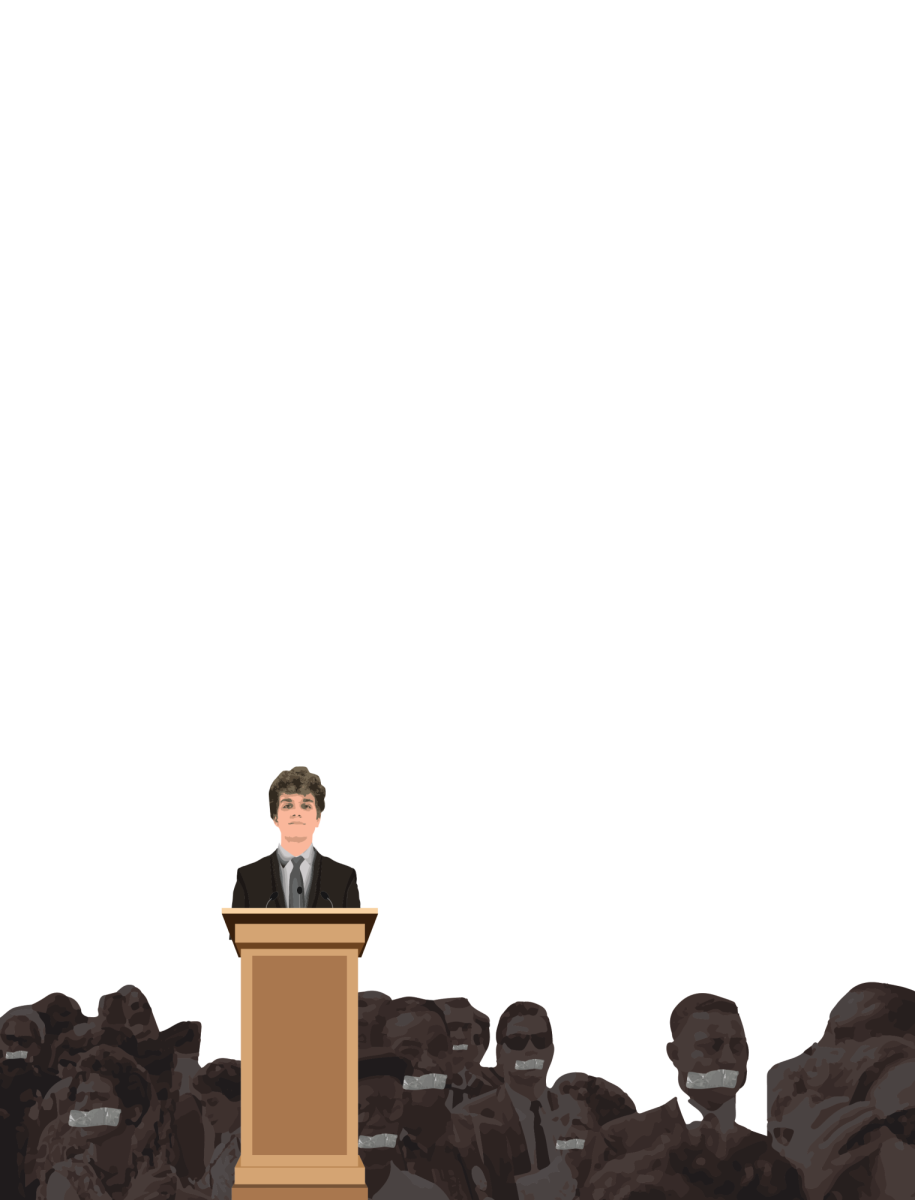In today’s digital age, news can be posted with the click of a button, and as a result, celebrities have a significantly larger role than ever in shaping public opinion. Although they have the right to free speech, news spread by celebrities has, in some cases, been proven to be misleading and a distortion of the truth.
Opening up X, any common voter can scroll past fabricated or deceptive posts such as a picture of Democratic candidate Kamala Harris in a communist uniform. While these posts may seem harmless, they often garner hundreds of thousands of likes, expanding their influence further than many are willing to admit. With the far-reaching influence celebrities wield over American citizens, the question has to be asked: are they qualified to tell others how to vote?
While it would be ideal for all voters to be well-versed in current events and basic governmental policies, a poll by the Massachusetts Institute of Technology finds that the average voter only knows 1.3 of the 3 most important news stories each month. Even more concerning, according to the University of Pennsylvania, only 5% of adults know the first five amendments of the Constitution. While the right for celebrities to share their political opinions is protected by the First Amendment, voters’ inadequate political awareness has caused a need for this debate.
These statistics are especially concerning given the recent emergence of social media as a popular outlet of news. With the average social media user spending over two hours on different platforms per day, it is evident that what they see will affect their views. Public figures who have gained their fame through a variety of industries have used their popularity on social media to voice political opinions.
The average voter’s lack of knowledge and constant use of social media makes them more susceptible to false information posted by celebrities. For example, Elon Musk has used his fame and fortune to endorse Former President Donald Trump. The multi-billionaire bought the social media platform Twitter (later renamed X), and in an effort to sway the public view of the current candidates, he has unbanned Trump from the app. Musk is also an avid user of X and has posted many misleading tweets, which include an AI-generated video of Kamala Harris, claims that non-citizens are voting, and multiple messages about his doubt in the machines that tabulate votes and mail ballots. While multiple of his messages have been fact-checked and proven incorrect, Musk’s dominance over the app gives him the ability to influence X’s 556 million users with false information that could alter their perception of current events – and more importantly, their votes.
Many Americans, especially young voters, would prefer to listen to celebrities rather than governmental representatives. According to a Harvard study, only 9% of young Americans believe that the US is heading in the right direction which shows the common distrust of political leaders. This skepticism has opened the door for celebrities to have a larger effect on Americans’ views.
Although voter education is a key part of the issue, the more important matter at hand is the political consciousness of those spreading information. While it isn’t possible to know the average celebrity’s extent of political literacy, many instances in the past suggest that they shouldn’t be the ones shaping public discourse. According to studies conducted by Temple Management Information Systems Professor Minseok Pang, social media users create more fake news after being verified. The majority of celebrities are verified users on social media, and the credibility of their posts is likely to be assumed because of their popularity.
“When you’re verified, your posts carry more weight, and it’s more damaging when you share fake news,” Pang said.
Kanye West is a perfect example of celebrities’ lack of credibility. In an interview with American radio host Alex Jones, West was quoted praising Hitler. Although most acknowledge the radicality of West’s quote, his words fuel the lasting effects of the Holocaust.
“I like Hitler,” West said. “I love Jewish people, but I also love Nazis.”
Particularly in recent history, public figures have made their political stances known. At the Women’s March on Washington in 2017, famous pop singer Madonna Ciccone told a large crowd about her thoughts of blowing up the White House because of her disagreements with the Republican administration. After President Trump’s victory in 2020, award-winning actress Roseanne Barr posted racist tweets toward one of President Obama’s advisers. While the radicality of celebrities’ statements on politics can vary, it is often too hard to decipher who is trustworthy, and the diversity of public figures speaking out highlights the broad range of people affected by their opinions. In a world where disinformation is so rampant, celebrities only contribute to the noise, drowning out credible sources of information.












